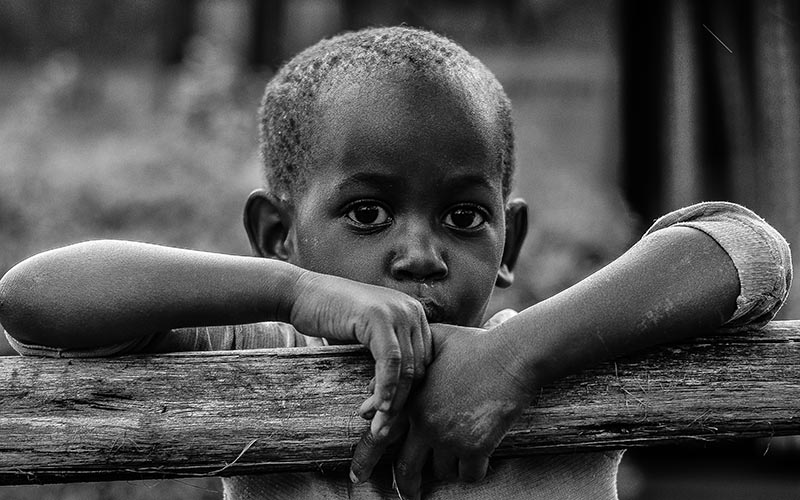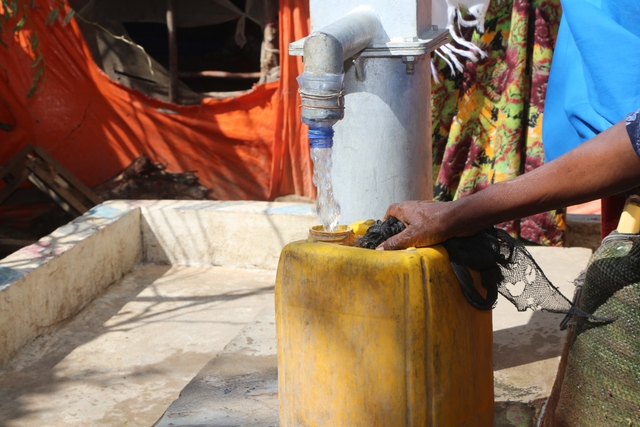In South Sudan, poverty and food insecurity are prevalent despite the country’s abundance of natural resources. Challenges include civil wars and prolonged violence. These challenges contribute to a significant number of people living below the poverty line within the nation. Several facts about South Sudan provide insight into the country’s economic and social landscape.
The objective of the project is to improve access to basic services and economic opportunities for refugees and host communities in selected areas in the affected countries. The project’s interventions support the income improvement of crisis-affected communities, with the aim of enabling them to become self-sufficient and of stabilising the targeted areas. It benefits the whole community through the creation of infrastructures which improve access to basic services, and income-generating activities – agricultural and non-agricultural – in order to increase the socio-economic opportunities of the beneficiary refugees and their host communities.


The goal of the project is to improve access to essential services, income opportunities and social safety nets for refugees and host communities. It also aims to strengthen the national systems responsible for the refugees. It finances activities to support the transition from short-term humanitarian assistance to refugees to a more medium and long-term development programme for refugees and host communities. The project enhances access to basic services. It facilitates access to economic opportunities for the most vulnerable households, strengthening the resilience of refugees and host communities. The project also increases national and local capacity to manage the refugee situation, while maintaining links with communities. It enables beneficiaries to have better access to community infrastructures (food, health and education) and social safety nets.
Due to its geographic and climatic characteristics, access to water in the Horn of Africa is a major and permanent challenge. Moreover, rapid urbanization puts additional pressure on the water and sanitation sector. The aim of this project is to provide 150,000 people with access to drinking water in about 30 localities, to build 300 public latrine blocks in schools and health centres, and to carry out hygiene awareness activities for the benefit of about 500, 000 people. This project aims to improve the region’s population’s access to drinking water and sanitation, directly contributing to the fight against poverty and the reduction of inequalities. This, in turn, will help reduce overall vulnerability to crises in the project intervention areas.

Join us to make a difference! Subscribe to our newsletter to stay informed about our humanitarian organization and impactful donations.
